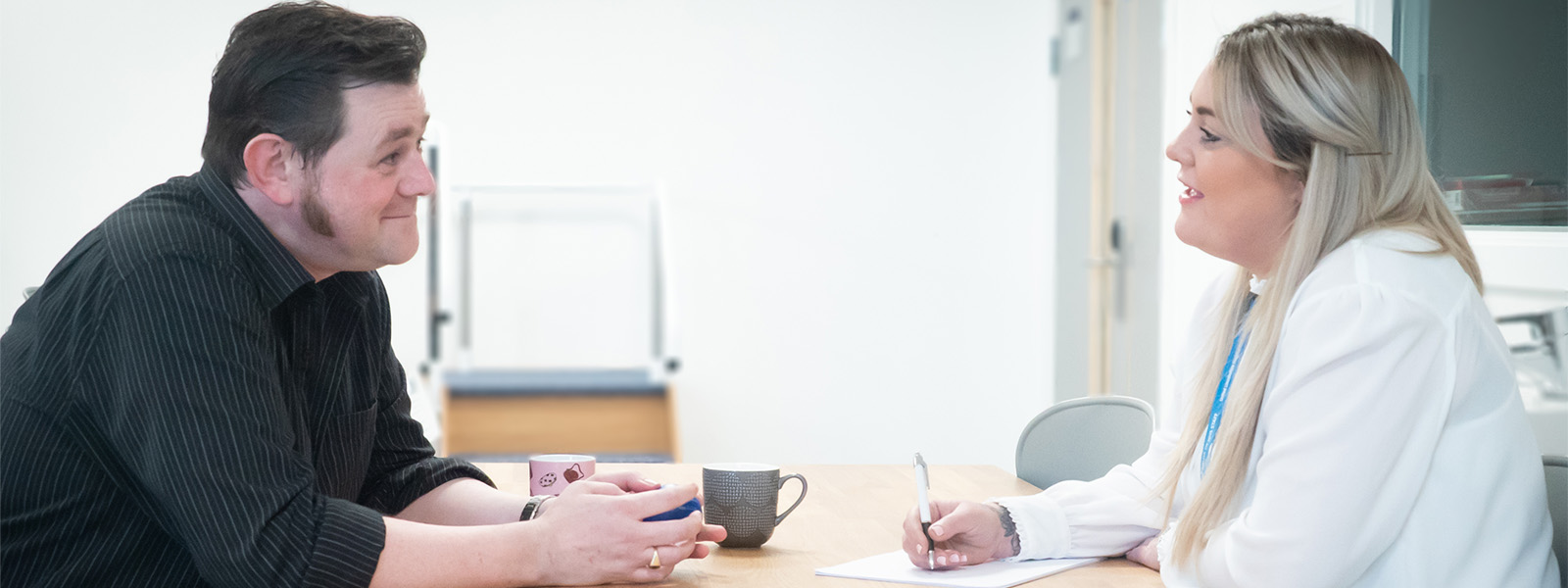How You Learn
This course is designed around a set of key principles based on engaging you with the world, collaborating with others, challenging you to think in new ways, and providing you with a supportive environment in which you can thrive. You'll be taught by industry experts, with a university tutor and a workplace supervisor/practice educator in a supportive and inclusive environment. We'll also help you to apply your new skills and behaviours to your place of work.
As an apprentice, your learning can take place across a range of settings. This will typically involve work-based learning and placements three days a week, day-release for university study and distance learning once a week, and protected study days once a week. You may also have opportunities to attend workshops, conferences, placement support, interprofessional learning events, and one-to-one personal and professional development.
When studying on your university day, learning can be in the form of applied or blended learning, as well as a range of assessment methods.
Your protected learning time can be spent at university, work, or placements. Some may be formally timetabled, but others can be used by you to meet your learning needs through activities such as insight days, shadowing, additional training, research, and personal study. Progress reviews may also be done within this time.
Your practice days can be spent by carrying supervised social work practice either in your main place of work or in a complementary setting to give you a broader experience of social work.

